(1151 products available)














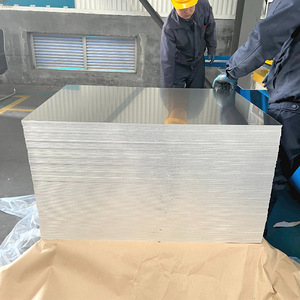


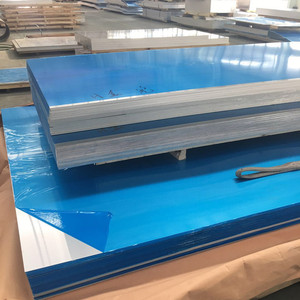
























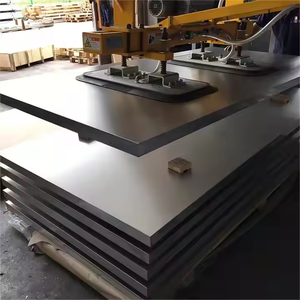

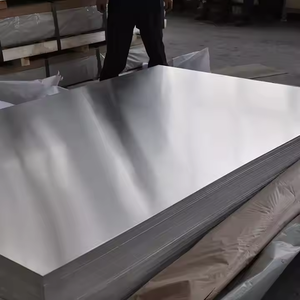



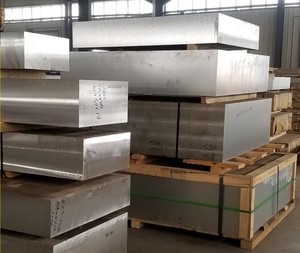







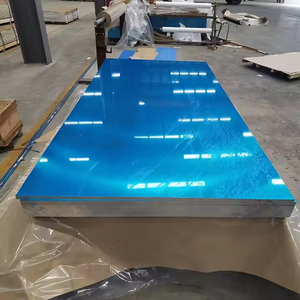









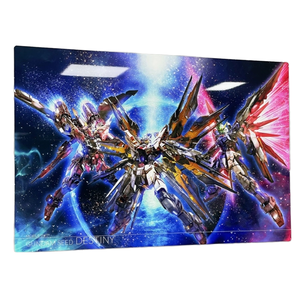

















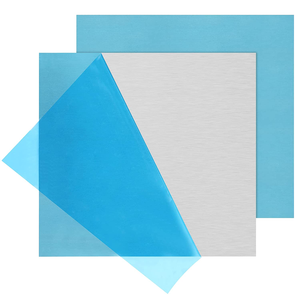









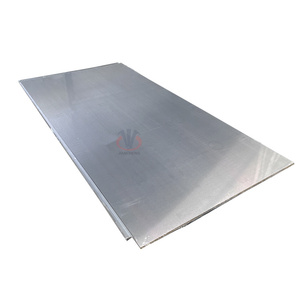


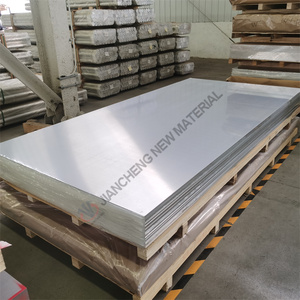
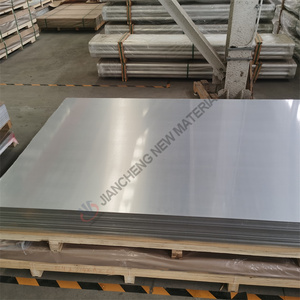



















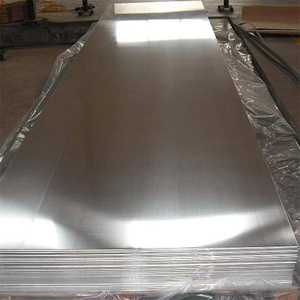
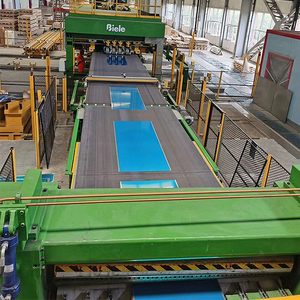
















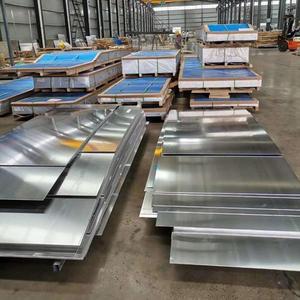


















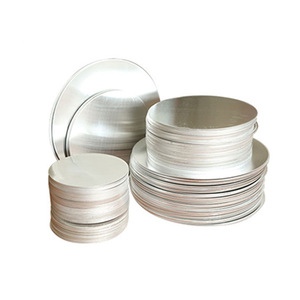











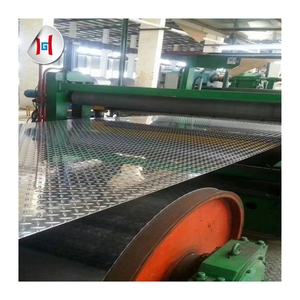














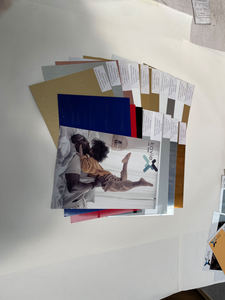











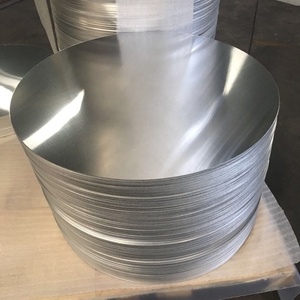


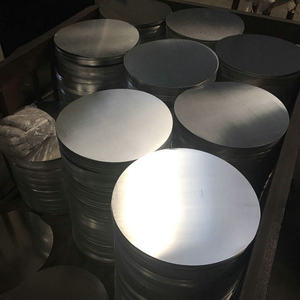








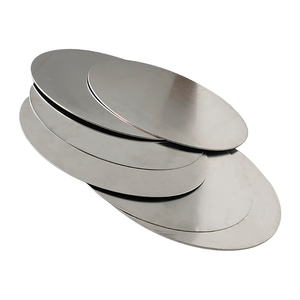




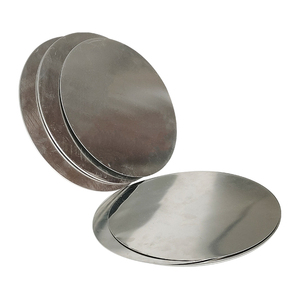












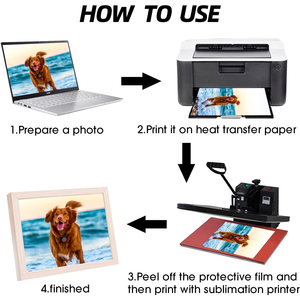













1/8 inch aluminum sheets come in various types, each suited to different applications and industries. Here are some of the most common types:
1100-H14 Aluminum Sheets
Type 1100 is considered the most malleable of all aluminum alloys. Because it contains 99% aluminum, it does not rust like other metals. The strength is low, and it cannot be hardened by heat treatment. However, it can be work-hardened.
3003-H14 Aluminum Sheets
They have good machinability and formability. In addition, when welding, they also resist corrosion and are work-hardenable. These sheets are used in applications, e.g. equipment for chemical operations, storage tanks, etc.
5052-H32 Aluminum Sheets
They are considered the best saltwater survivor of all aluminum alloys and offer good non-skid flooring. These sheets provide good workability, corrosion resistance, and weldability.
6061-T6 Aluminum Sheets
They are stronger than most other aluminum sheets and offer good corrosion resistance. They are highly workable and weldable. These sheets are also heat treatable.
6063-T5 Aluminum Sheets
These sheets are good extrusions. They also have good corrosion resistance, though not as strong as 6061. They are also heat treatable.
Transportation
Due to the durability, 1/8 aluminum sheets are widely used in the manufacture of vehicles. They are also used to manufacture trucks, trailers, buses, airplanes, and boats. These sheets also resist corrosion, which helps in protecting vehicles and vessels from environmental damage. In addition, the sheets are light enough to improve fuel efficiency without sacrificing strength.
Construction and Architecture
The sheets are highly applicable in the construction industry. Common uses include wall cladding and roofing materials. They're also popular for window frames and door skins. Since they resist rust, they help maintain the structural integrity of buildings over time. The use of aluminum sheets also adds a sleek, modern appearance to architectural designs.
Manufacturing of Equipment and Machinery
1/8 sheets are also used in manufacturing equipment and machinery. They serve as housings and casings as well as components that require a lightweight, durable material. They also resist chemical and moisture corrosion to ensure an extended lifespan of the equipment.
Marine Applications
Aluminum sheets are widely used for boat hulls, decks, and other components in marine environments. Because of their resistance to corrosion, especially in saltwater environments, these sheets are durable and lightweight, making them ideal for structures that require buoyancy and strength.
Signage and Display
The thin 1/8 aluminum sheets are easy to cut and are widely used in making signs and displays. Commonly, they are used by businesses for outdoor signage. It is because they withstand the weather and are visible. They also have a professional appearance and can be printed on easily.
Energy Industry Applications
1/8 aluminum sheets are also applicable in the energy sector. They are used, for example, in solar panel frames. These sheets help provide strength to panels while resisting environmental degradation. Additionally, they are used in wind turbine components. Here they help balance strength and lightweight requirements.
Interior Design
They are highly polished and can be used in various interior design applications. For instance, they are used in furniture, decor, and ceiling panels. Their resistance to tarnishing and corrosion allows for long-lasting aesthetic appeal in contemporary and industrial design styles.
The thickness of a sheet is 0.125 inches or 1/8 inch. Usually, the width ranges from 36 to 48 inches and the length ranges from 96 to 144 inches. Furthermore, the sheets are manufactured in various alloys, including 1100, 3003, 5052, 6061, and 6063. These alloys enhance specific properties such as strength, formability, and corrosion resistance.
Depending on the sheet's finishing, it can be mill, polished, anodized, painted, or textured. A mill finish is smooth and uncoated, while polished finishes enhance the sheet's aesthetic value and corrosion resistance. Anodized finishes provide an additional protective layer for enhanced durability.
The alloy's temper designations indicate the specific heat treatment or work-hardening processes that the alloy has undergone. This essentially defines the mechanical properties of the sheets and therefore their applicability. The standard dimensions of the sheets generally conform to industry standards, including ASTM and ISO.
When choosing a 1/8 inch aluminum sheet, several factors should be considered.
Alloy Type
Aluminum sheets are manufactured in different alloys. Each alloy has distinct properties. Common alloys for sheets include 1100, 3003, 5052, and 6061. For general purpose use, 1100 is soft and malleable. It is suitable for forming and welding. 3003 offers excellent workability and moderate strength. It is common in fuel tanks and other chemical equipment. 5052 is stronger than other alloys and highly resistant to corrosion. This makes it ideal for marine environments. Lastly, 6061 is one of the most popular aluminum alloys. It is versatile and usable in structural applications.
Corrosion Resistance
Aluminum naturally forms a protective oxide layer that helps resist corrosion. Some alloys, like 5052 and 6061, offer enhanced corrosion resistance. Consider the environment the sheet will be exposed to. Will it be outdoors or near water? If yes, then go for the most resistant sheets.
Mechanical Properties
Focus on tensile strength, yield strength, and elongation. These properties determine the sheet's behavior under stress. Go for a sheet that will be useful for its specific purposes. For example, consider factors that will improve the sheet's formability, especially if the sheet will require deep drawing or bending.
Surface Finish
The surface finish of the sheet affects its appearance and performance in various environments. Some common finishes include anodized, polished, and coated finishes. They all add specific values to the sheets that can be useful in one way or another. For example, anodized finishes enhance corrosion resistance. Polished finishes improve aesthetic value.
Fabrication Requirements
These sheets can easily be welded, riveted, and glued. They can also be bent and shaped using the common tools found in workshops. Consider their manufacturing requirements. This includes whether they can be cut or formed using standard workshop equipment. This makes them handy and easy to work with for simple tasks.
Cost
The price of 1/8 aluminum sheets is determined by factors like alloy type, thickness, and finish. If cost-effective solutions are to be settled for, weigh the potential long-term benefits against the upfront costs. This will ensure that the choice made is indeed cost-effective in the long run and doesn't ignore quality.
A. The sheets can be used in furniture, ceilings, and decor items, among other things. Also, because they don't tarnish or corrode, they provide a long-lasting aesthetic appeal in contemporary and industrial designs.
A. Anodized sheets provide a longer-lasting finish that penetrates the aluminum surface for enhanced durability and corrosion resistance. Painted sheets offer a thicker layer of color for aesthetic purposes and moderate protection.
A. Yes, they are. Aluminum sheets can be infinitely recycled without losing any of their material properties. Recycling them helps conserve energy and resources.
A. They are manufactured with pure aluminum metal. This means they can be used in medical equipment and food storage without chemical contamination.